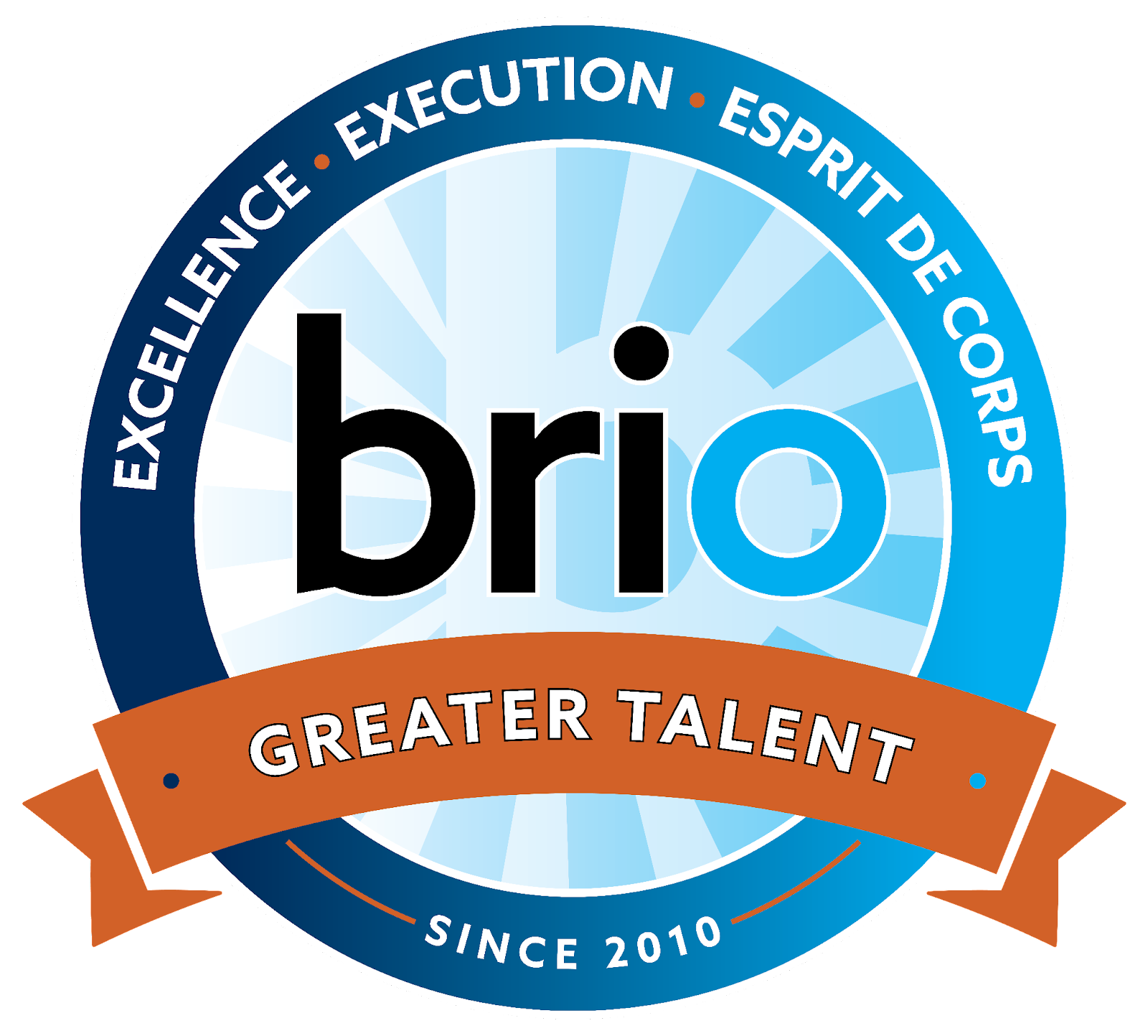
SHARE
When it comes to interviewing candidates in the biotech and pharmaceutical industry, there are some questions you might still be using that are ineffective. Offering hiring managers some interview training can help your organization improve this phase of the hiring process. Here are four questions you should never ask a candidate in an interview what you should ask instead.
Plan Questions Carefully
The purpose of an interview is to find candidates with the necessary skills and abilities to perform the essential functions of the role. Use job-relevant language and avoid making assumptions about the ability of your candidates. Focus on asking questions directly related to job requirements and specifics about what the candidate accomplished in the past. The questions should be consistent regardless of who is being interviewed. It’s helpful to revise them on a regular basis to assure relevancy.
1. What are your greatest strengths and weaknesses?
This outdated question is overly general and will only lead candidates to producing a list of adjectives describing themselves that might not even be relevant to being a clinical research associate. Instead ask something along the lines of: “How do you contribute in your current role?” Ask this question to initiate a conversation about what on-the-job skills the candidate is currently using to determine if they are a good match.
2. Where do you see yourself in five years?
This question lacks relevance, is too limited and fails to address the current circumstances regarding why the candidate is interested in working for the organization. Consider asking a question that is more relevant such as: “Why are you looking for a new role?” or “Why are you leaving your current job?” Both of these questions will yield useful information about the motivations of who you are interviewing.
3. Do you have children?
This question (and others like it) are highly discouraged since it is irrelevant and illegal. Yet, some hiring managers continue to ask this question. Some even sneak it in “after” the interview is officially over in an attempt to avoid the legal issue. Inquiring about marital or family status can signal prejudice during the hiring process. Instead, focus on the real underlying concern you may have. For instance: “Working for our contract research organization requires some overnight travel. Will you be able to complete these functions of the job?” This allows candidates to share any potential scheduling conflicts with you.
4. Why should we hire you?
This is an example of a pre-canned question that should be avoided. Also avoid yes or no questions which don’t allow for any exploration or follow-up questions. Yes or no questions are for interrogations, not interviews. Instead of grilling candidates, if you want to learn about how candidates will react to challenges, ask them scenario-based questions such as “Describe a time when you reached a major goal in Biometrics?”
You might not even be aware when your hiring process is biased but asking consistent questions will ensure that all candidates are treated fairly. Don’t forget to establish some personal interactions with prospects during the hiring process. Focus on listening more than you talk and ask more open-ended questions to find the strongest candidates on the market.
How can we help you?
Are you seeking talent in Pharmaceutical, Biotech, Medical Device or Clinical Research?
We can create a custom recruitment strategy for your organization. I’m Ready to Hire!
Are you considering a new career opportunity?
We can help you land the opportunity that displays your talents and advances your career. Contact Us or Browse Jobs.



